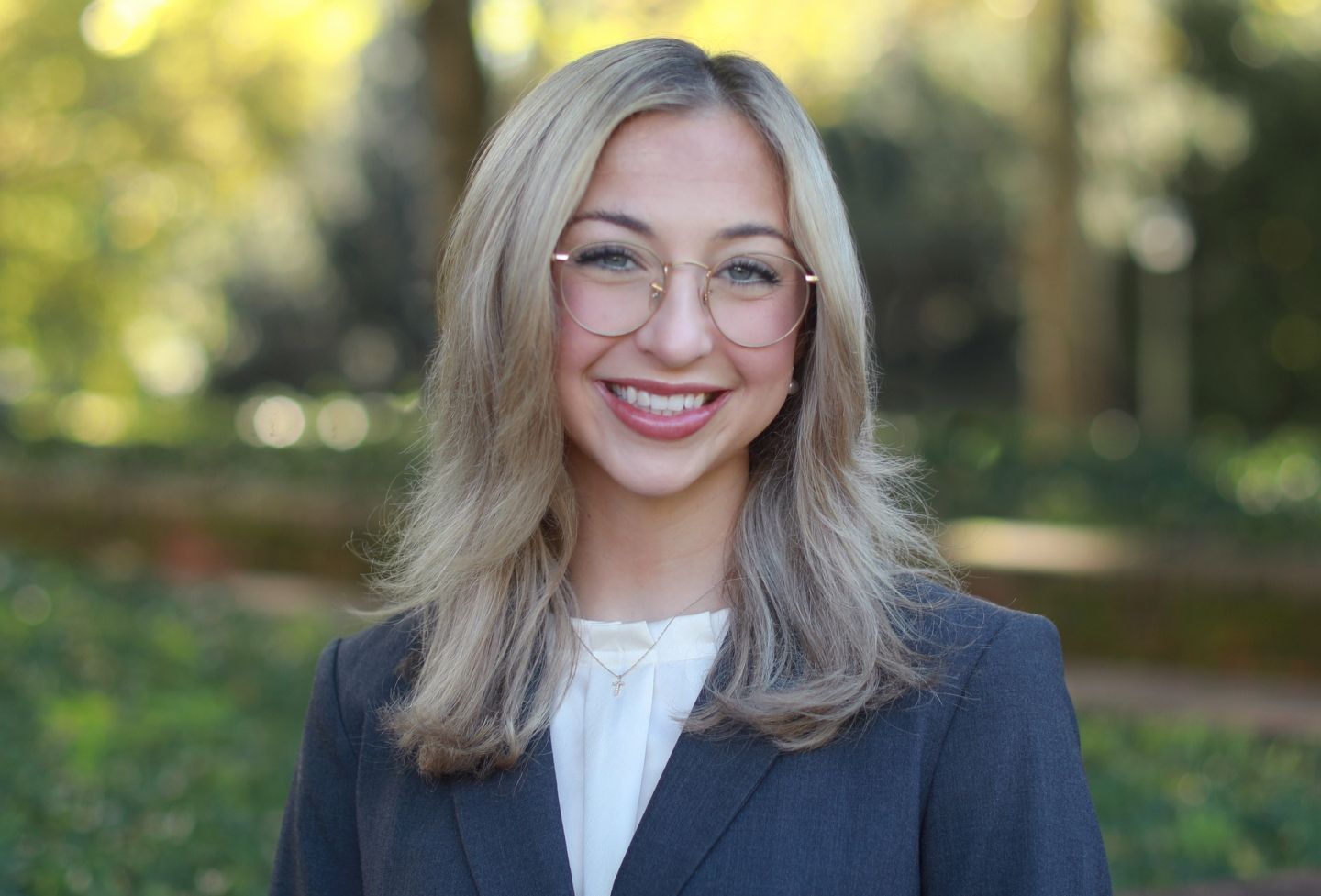During the impassioned student discussions in Purcell Reading Room, you don't hear cries of “fascist!” or “snowflake!” Nobody’s hurling accusations. This, after all, is a law school — one with a well-earned reputation for collegiality.
But that doesn’t mean students’ opinions don’t reflect the deep political divide felt across the country.
About 60 ideologically diverse Law School students participating in a new organization, called Common Law Grounds, work through the scenarios in small groups as professors of differing political stripes sit in to moderate. One hypothetical focuses on the national debt, while another is about a couple debating a geographic move. Issues of race, gender, economics, power and pride crop up — with all of the discussions for the session centered on the topic of compromise.
The goal of the student-faculty effort really isn’t to compromise, though. Its purpose is to understand diverging points of view as a first step toward finding common ground.
“Especially since this election season, it seems more important than ever to focus on the lack of discourse and ever-growing divide between people on different ends of the political spectrum — not because we need compromise, but because we need to be willing to listen to each other if we hope to move forward together,” said Megan Keenan ’18, the group’s new president.
Common Law Grounds is the brainchild of Professor Deborah Hellman. Even before the outcome of the election, she knew she wanted to do something to help students understand each other’s deeply held beliefs.
“I started to think about an organization that could allow people to talk across the aisle about important and controversial issues,” Hellman said.
Having studied the topic since 1992, the Pew Research Center found for the first time last year that majorities of Democrats and Republicans shifted from holding "unfavorable" to "very unfavorable" views of the other party. "And today, sizable shares of both Democrats and Republicans say the other party stirs feelings of not just frustration, but fear and anger," according to the research.
UVA Law, by tradition, already trains students to understand opposing sides in order to hone arguments and look for a win-win. But what about when students are representing their own views?
“I think UVA Law School is uniquely well positioned to begin such an endeavor, because we have a politically diverse student body and faculty,” Hellman said.
When the group got started, the professor said, there were those from both the right and the left who challenged its mission.
"Both groups argued that now was not a time for compromise, but instead either for exercising the power the election granted — the right — or for aggressive resistance — the left," Hellman said. "But the goal of Common Law Grounds is not to endorse any particular policy outcomes, centrist or otherwise. Rather, the premise that underlies CLG is that there are important, shared commitments — grounds — of democracy that we should keep front and center in our minds. In addition, the practice of engaging with others with whom one disagrees in an open and genuine manner is necessary for people with diverse views to live together with more than grudging toleration."
The fledgling organization recently elected its five board members, who will add two board-appointed positions, and is planning a kickoff event for the fall to officially launch Common Law Grounds. The event will focus on the media, which many people blame for fueling the problem of political silos.
“We no longer want to hear what the other side has to say because we automatically discount them as morally evil or stupid,” said Robert Smith ’18, a group member who advised Hellman as she formed the organization. “But such knee-jerk reactions threaten our democracy, which depends on civil and rational discourse.”
Keenan said even though the group is about conversation, it won’t be all talk.
“It’s good to recognize and talk about the shortcomings of operating within liberal and conservative ‘bubbles,’” Keenan said. “But in Common Law Grounds, we think it’s better to do something about it.”
Founded in 1819, the University of Virginia School of Law is the second-oldest continuously operating law school in the nation. Consistently ranked among the top law schools, Virginia is a world-renowned training ground for distinguished lawyers and public servants, instilling in them a commitment to leadership, integrity and community service.


